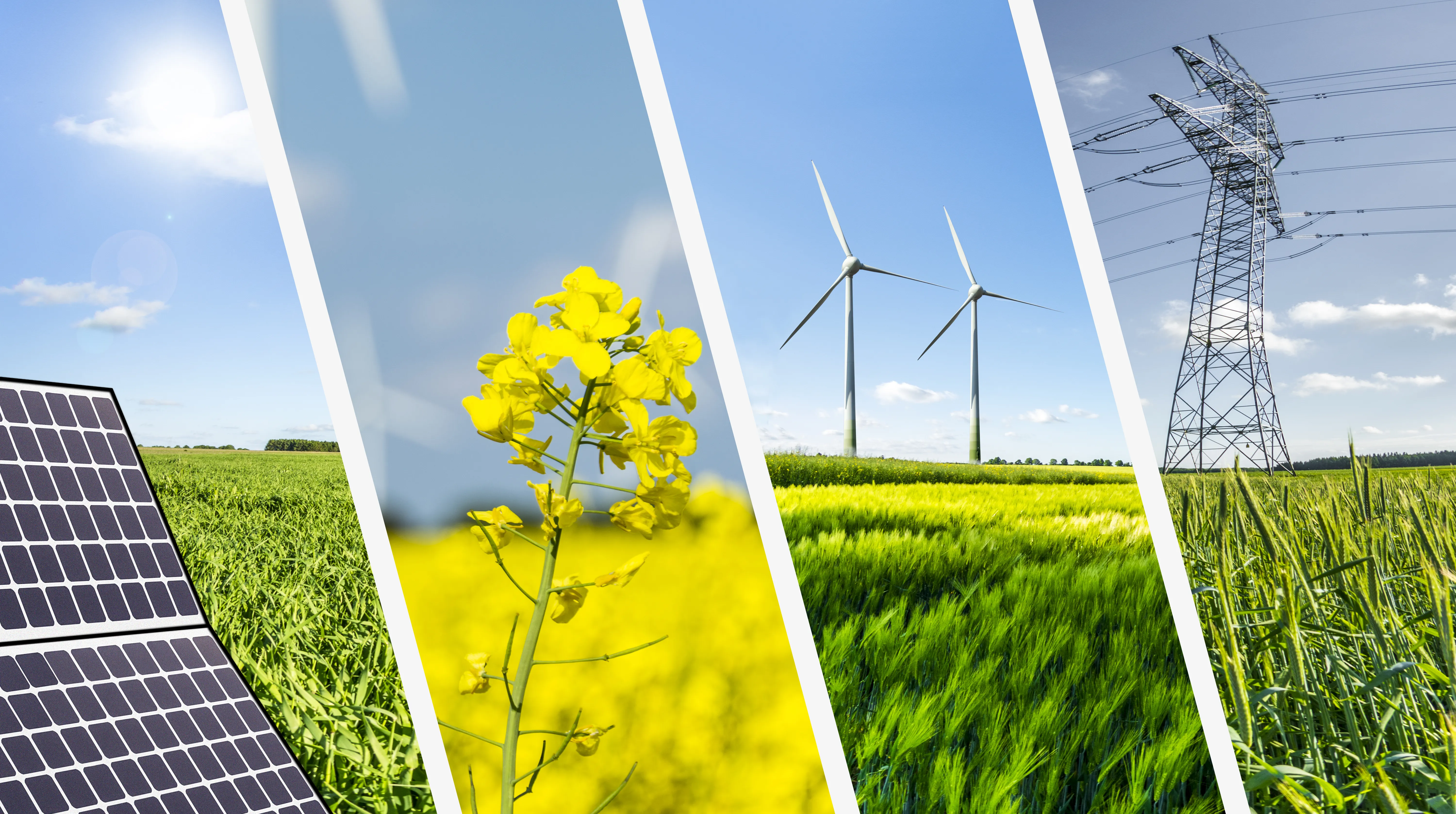Global Energy-Related CO2 Emissions to Peak This Year as Renewables Gain Traction

Global Energy-Related CO2 Emissions at a Crucial Juncture
Global energy-related CO2 emissions are anticipated to peak this year due to the increasing influence of renewable sources. According to the latest report by DNV, a notable transformation in the energy sector is underway as costs for solar and batteries plummet.
Renewable Investments Drive Change
- Solar and Battery Costs: The decline in costs is reshaping the energy market.
- Policy Shifts: Governments are increasingly supporting renewable energy initiatives.
- Investor interest is growing rapidly in sustainable technologies.
Future Projections and Impacts
As we look ahead, emissions are set to decline in 2025, marking a significant achievement in global efforts to combat climate change. The focus will shift to maximizing efficiency and minimizing ecological impacts.
Importance of Adaptation
Businesses and investors should prepare for this transition as renewables take a more prominent role in energy production. This shift demands strategic planning and innovation to remain competitive.
This article was prepared using information from open sources in accordance with the principles of Ethical Policy. The editorial team is not responsible for absolute accuracy, as it relies on data from the sources referenced.